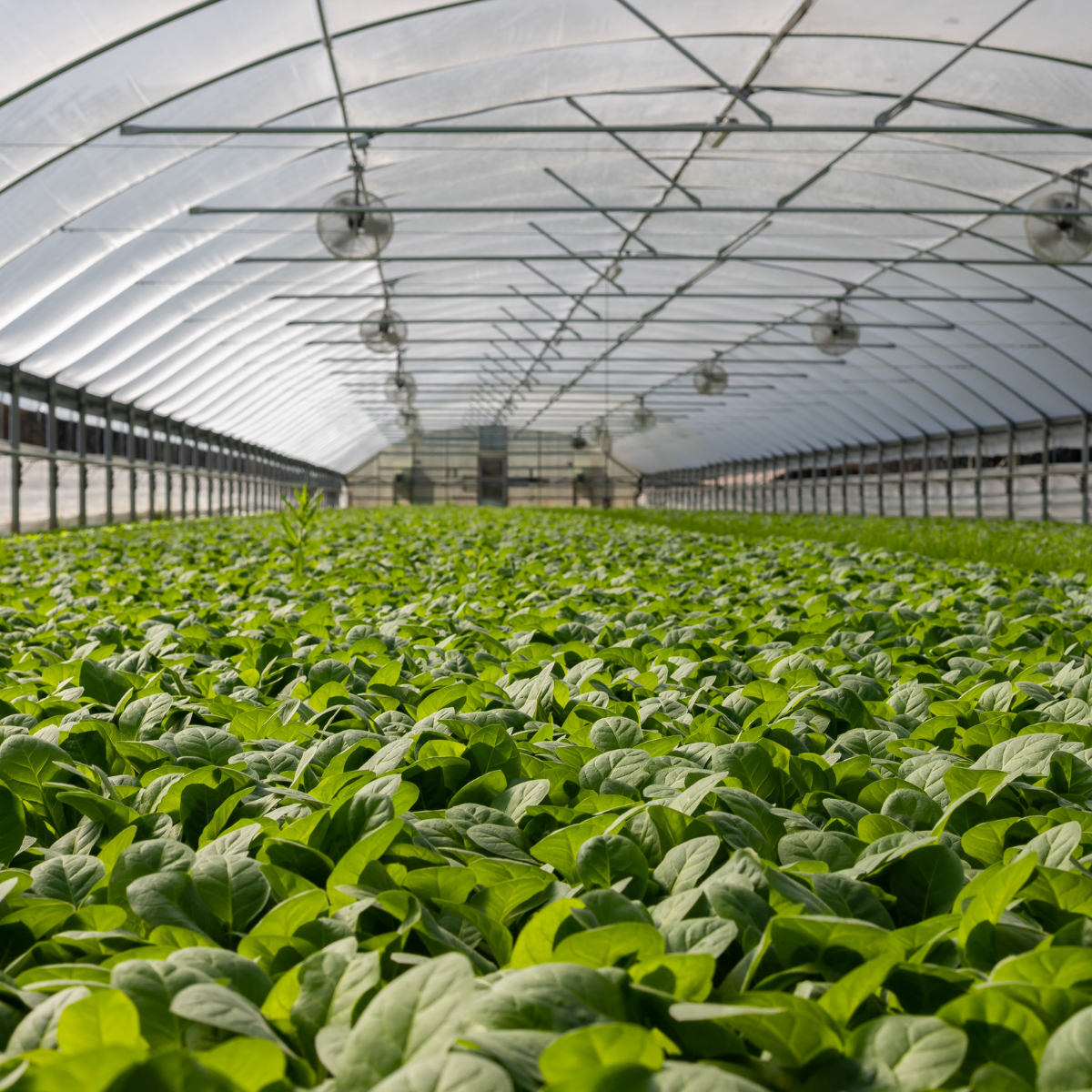About the project:
The Midlands Net Zero Hub commissioned District Eating to produce a series of reports that identify sources of heat and CO2 from farms and food waste to quantify the energy available from agricultural and food waste.
The project aimed to increase our understanding of the links between energy and the agri-food sector, while also examining mechanisms for change by highlighting agri-food supply chain opportunities and new business models.
The project was split into three work packages:
Stakeholder mapping – The project carried out a mapping study to highlight the opportunities for the development of low-carbon horticulture by understanding the potential for working with the agri-food sector to deliver local heat and power. This helped to match producers of food and waste from agriculture / horticulture with heat and power generation facilities and identify potential energy customers.
Micro-feasibility Studies – To examine the outputs of the mapping exercise in more detail, three micro-feasibility studies were conducted to demonstrate how a range of opportunities to co-locate heat users and generators could be exploited. This culminated in the development of business case development for three very different approaches.
Future project development – The final work package looks to develop the main opportunities that the micro-feasibility studies highlighted, with a view to directing the next phase of the project.
Read the reports
- Stakeholder engagement and mapping
- Micro-feasibility studies
- Micro-feasibility study – Low carbon horticulture at N&N Mason site in Lincolnshire
- Micro-feasibility study – Low carbon horticulture using waste heat from an anaerobic digestion plant in North Lincolnshire
- Micro-feasibility study – Vertical farming
- Project identification and development

